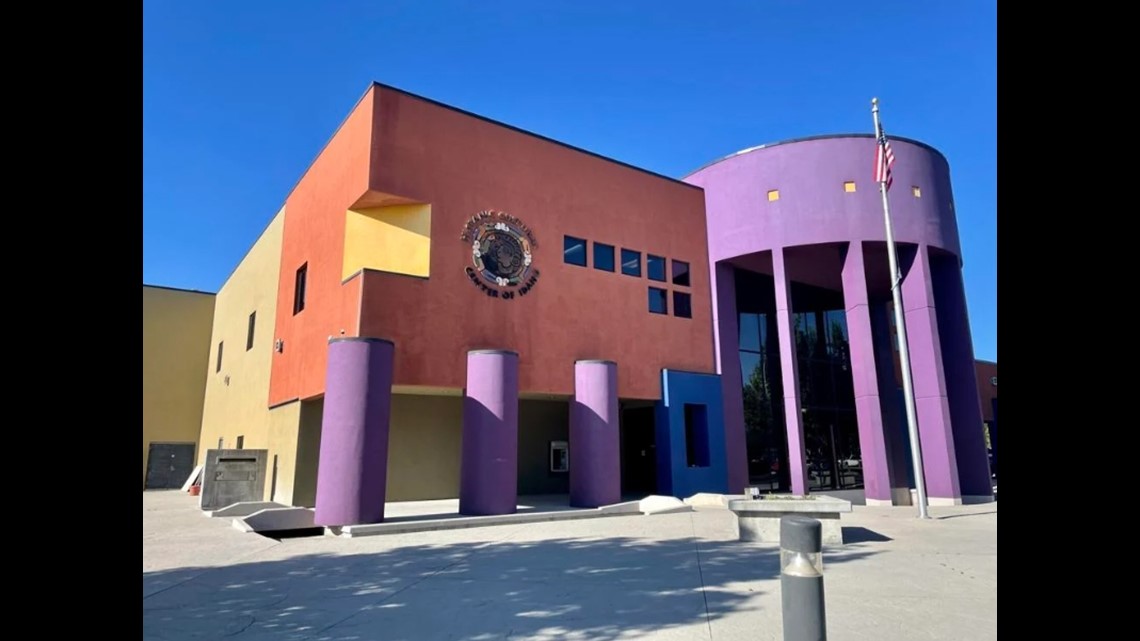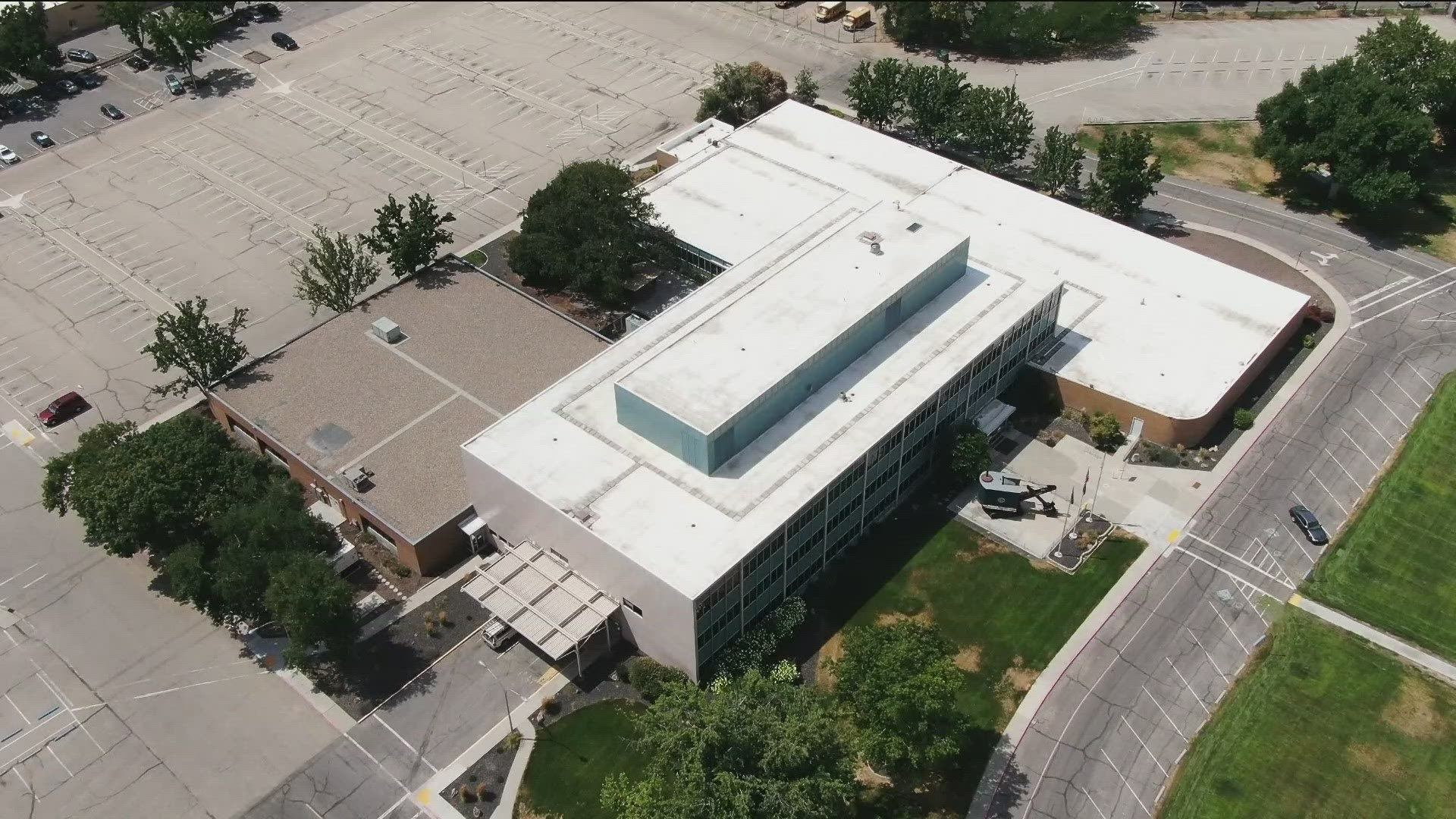NAMPA, Idaho — This article originally appeared in the Idaho Press.
Butterfly wings spanned the wall behind speakers at the Hispanic Cultural Center in Nampa last week. Three panelists were seated in front of a dozen attendees who came to learn more about the realities of the Deferred Action for Childhood Arrivals program.
“My take is that it’s not sounding positive for the DACA program,” Monica Salazar said.
It has been 10 years since the creation of DACA, a program to allow undocumented immigrants to receive work authorization and Social Security cards. In a court ruling on July 16, 2021, Texas Judge Andrew Hanen declared DACA to be unlawful, placing the program under scrutiny over the past year.
Salazar, principal attorney at Salazar Law, explained that this ruling has been brought up to the Fifth Circuit Court of Appeals for consideration.
“Some of the possibilities might be that the Fifth Circuit decides that DACA is, in fact, illegal and decides to terminate the program,” Salazar said.
In this case, Salazar said the decision could go to the Supreme Court for a final ruling. Until then, the program is currently renewing DACA recipients but is not processing new applicants.
Salazar said it is important to differentiate DACA from a documentation status. Instead, DACA defers, or puts off, action from the government. This grants DACA Dreamers temporary residency in the country.
Idaho is home to about 2,760 Dreamers according to a 2020 report from the U.S. Citizenship and Immigration Services.
Betsaida Chavez, staff attorney at Immigrant Justice Idaho, said her office is advising people not to submit new applications. Those who have already been accepted into DACA must renew their application every year, something Chavez said is especially important to stay on top of now.


“It’s really important that you don’t let it lapse for over a year,” Chavez said. “Otherwise, it will be considered an initial application and you won’t be able to renew.”
A DACA recipient herself, the financial burden of the renewal process took a toll on Chavez when she was in college. Paying for tuition, books and rent, she couldn’t afford her annual DACA renewal even with her family’s help.
“I get emotional when I talk about my family,” Chavez said, tearing up, “because (the burden) touches all of us.”
Rosseli Guerrero, an advocacy fellow at the American Civil Liberties Union of Idaho, shared a similar experience. A college degree that should have taken only a few years took Guerrero eight due to the financial burdens.
“I was so excited (for college),” Guerrero said. “But there’s no funding.”
When Guerrero looked for resources, there simply weren’t any available in Idaho. Counselors advised her to go to school in California instead, a move that was not affordable.
Salazar described DACA as a Band-Aid to a much larger issue, a program that helps but is not the solution. The program is open to those born after 1991 who arrived in the country before turning 16. To be eligible, individuals must have resided in the country already for a number of years.
Similar to DACA, the DREAM Act was introduced and amended many times in Congress according to Salazar. When it continued to fail, former President Barack Obama used DACA as a temporary fix.
“DACA didn’t just come from nowhere. It didn’t just come from the kindness of President Obama. It came from years and years of advocacy and efforts,” Salazar said.
While attention is drawn to immigration issues when rulings are made by the courts or programs are threatened, Guerrero asked, what is being done in the in-between times?
“There’s so much we need, but (as an individual), what can you do?” she said.
ACLU’s Butterfly Migration Project was a positive advocacy experience for Gurrero. The project had Idahoans making paper butterflies and writing information about DACA on them. With over 10,000 submitted butterflies, they soon became a symbol for DACA Dreamers.
“It’s the community support that keeps me going,” Guerrero said.
Guerrero hopes for a brighter future where she won’t have to see her young son go through similar struggles.
“I have a son, I don’t want him (to still be) fighting for immigrant rights when he’s older,” she said.
This article originally appeared in the Idaho Press, read more on IdahoPress.com.
Watch more Local News:
See the latest news from around the Treasure Valley and the Gem State in our YouTube playlist:



